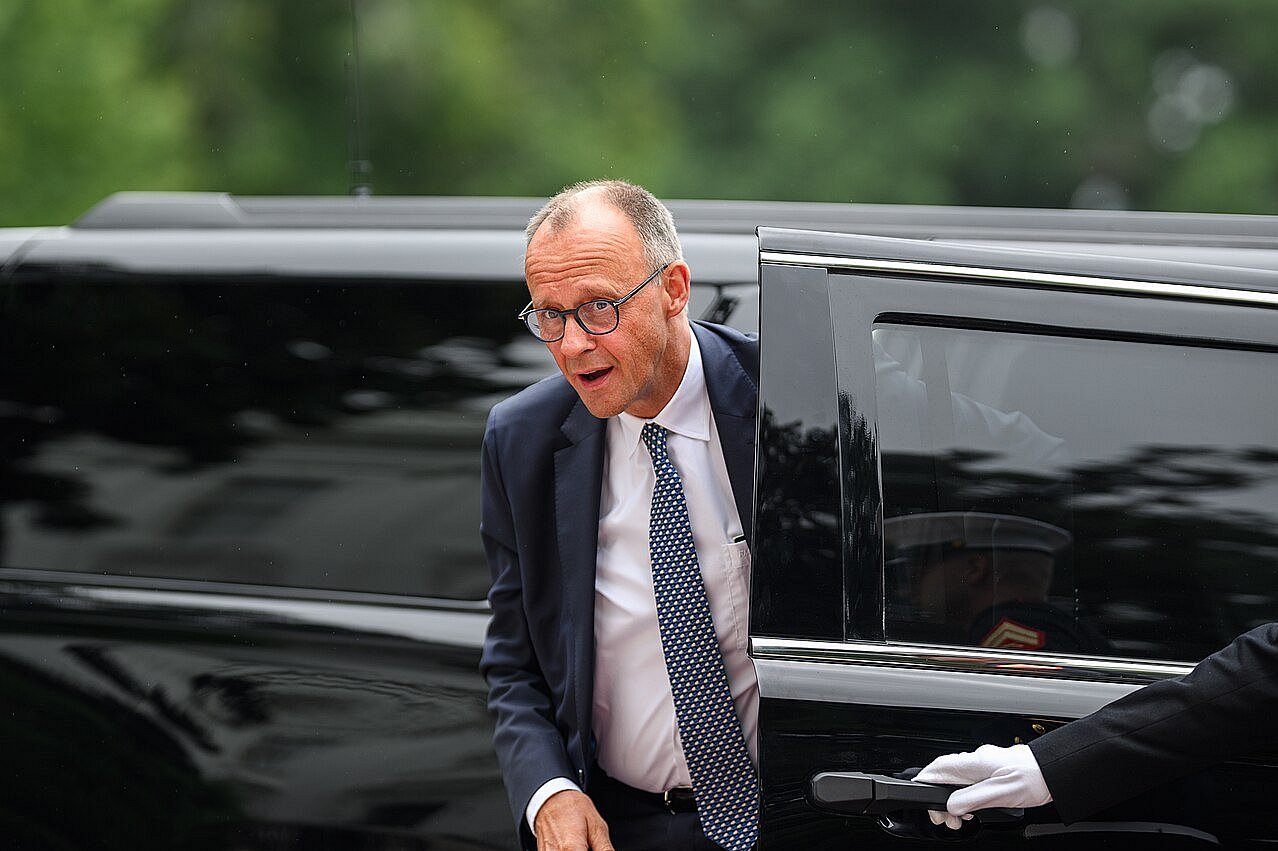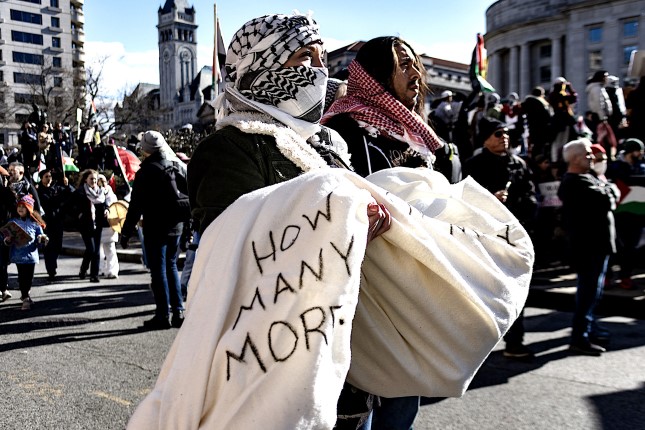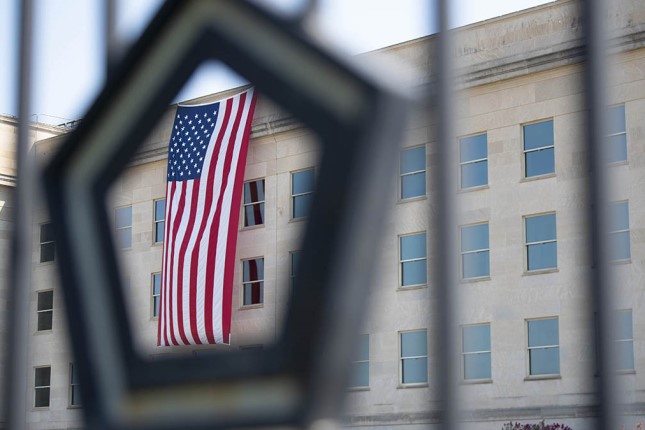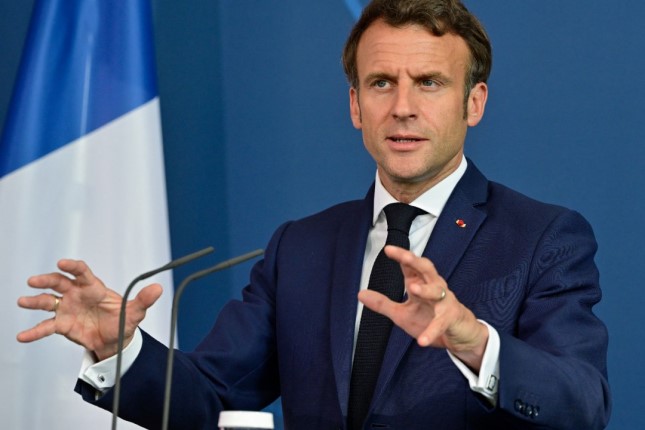Relations between the United States and the Kingdom of Saudi Arabia (KSA) continue to be feverish. Moreover, Joe Biden managed to break the political dialogue with the Gulf monarchy even prior to coming to the White House, when in November 2019, as part of the election campaign, he publicly promised to turn the Arab country into a "rogue state".
The reason for the attacks against the KSA was Washington's claims to Riyadh on human rights issues, including accusations of suppressing the opposition, the involvement of Saudi Crown Prince Mohammed bin Salman in the high-profile murder of Washington Post journalist Jamal Khashoggi and the death of civilians in Yemen following air raids by the royal air force.
In addition to all the American claims, Saudi Arabia refused to support the anti-Russian campaign in the context of the Ukrainian events.
Despite the ongoing pressure from the White House, with NSS coordinator Brett McGurk as the main curator of the Saudi dossier, Riyadh is trying to maintain a median position regarding the conflict in Eastern Europe. It is in no hurry to join the restrictions against Moscow.
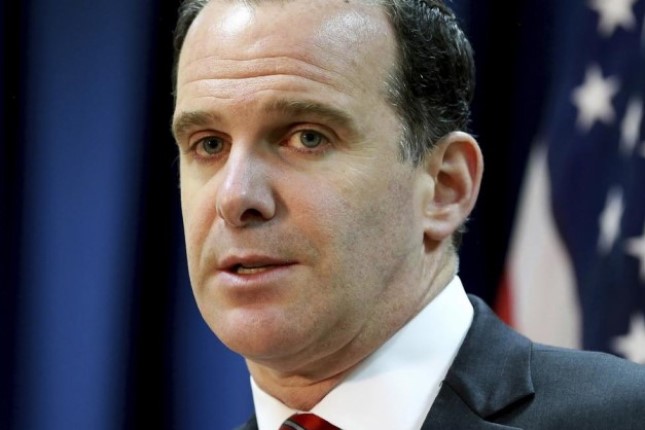
American diplomat, attorney, and academic who served in senior national security positions under presidents George W. Bush, Barack Obama, and Donald Trump, and is currently the Deputy Assistant to President Joe Biden and the National Security Council Coordinator.
But what causes undisguised irritation in the United States is that the Saudis support political dialogue and increase comprehensive cooperation with Russia. The subject of particular concern for the administration is the energy interaction between Moscow and Riyadh, including within OPEC+.
Judging by the "leaks" circulating in the American media, the October decision of OPEC+ to continue reducing oil production came as an unpleasant surprise for the team of Joe Biden. It is alleged that the KSA authorities violated the tacit agreements with the White House on a phased increase in crude production. This was allegedly one of the main US conditions for organising Biden's July trip to Saudi Arabia and his meeting with Crown Prince Mohammed bin Salman.
In this context, the belligerent rhetoric from Washington against Riyadh is not surprising.
The American president and his associates see political overtones in the OPEC+ decision: the Saudis are believed to support Russia's military campaign against Ukraine.
Biden's team promises to punish the kingdom for "short-sighted" behaviour in the energy market, threaten to reconsider the strategic nature of relations with the kingdom, and talk about the intention to coordinate their steps with Congress.
The Capitol, in turn, is expressing growing anti-Saudi sentiment. Biden's influential party fellows, like senators Robert Menendez and Chris Murphy, "are bloodthirsty" for Crown Prince Mohammed bin Salman. Various legislative initiatives are being developed in which they call on the administration to completely freeze cooperation with the Saudis, evacuate American military personnel and weapons from the KSA, and suspend the implementation of major arms contracts.
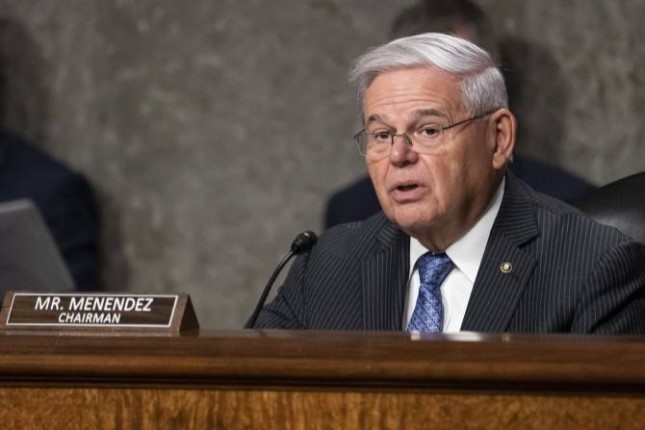
Robert Menendez, American politician, US Senator from New Jersey, member of the Democratic Party.
Following the legislators' logic, the threat of undermining the defence potential will force Riyadh to change its energy strategy and abandon mutually beneficial energy cooperation with Moscow.
Needless to say, the monarchy is primarily guided by its own economic considerations and needs oil revenues to implement ambitious infrastructure projects in the KSA. And the Americans don't seem to bother themselves about it.
Despite aggressive statements, the White House is still delaying the adoption of anti-Saudi measures. This is due, among other things, to Riyadh's geopolitical importance in implementing Washington's regional priorities.
The administration is determined to oppose strengthening Saudi Arabia's ties with one of the key American adversaries, China and Russia.
In addition, Biden's team continues to brood over plans to get the Saudis involved in the "Abraham Accords", in other words, to expand Israel's circle of friends by including one of the leaders of the Arab-Muslim world in a peace pact with the Jewish state.
Other factors limiting the administration's room for manoeuvre are the midterm elections. Biden's administration may take some anti-Saudi steps coordinated with the Capitol after the houses of Congress are formed.
A lot will also depend on how the Saudis behave at the December meeting of OPEC+, which will address the issue of maintaining the current quotas for hydrocarbon production.
Washington does not give up hope that Riyadh will listen to the concerns and recommendations of its main Western partner. In general, the principle of "oil in exchange for security" formulated under Roosevelt and the founder of the KSA, Abdelaziz Al Saud, continues to play a decisive role in building US-Saudi relations.






















